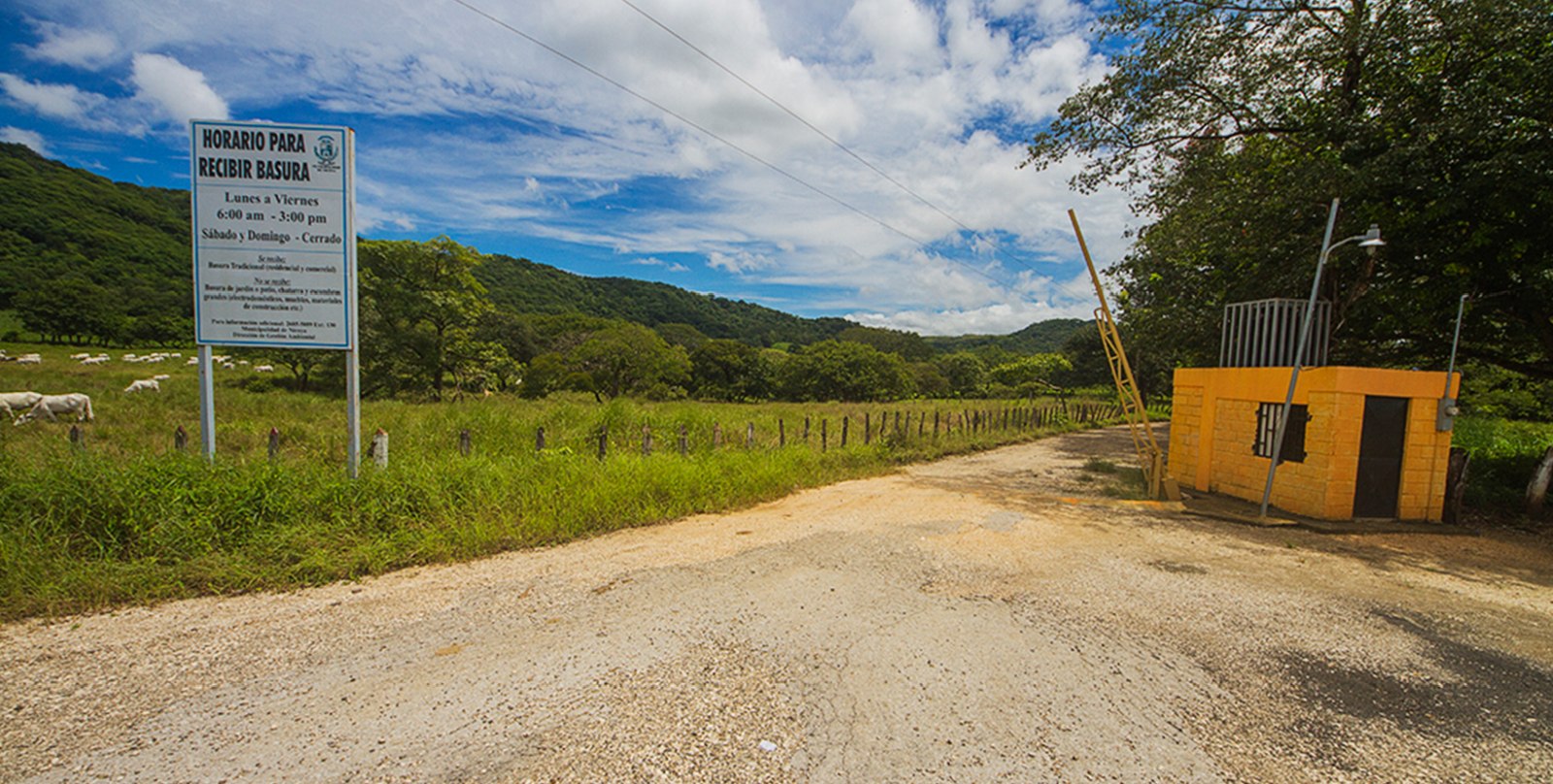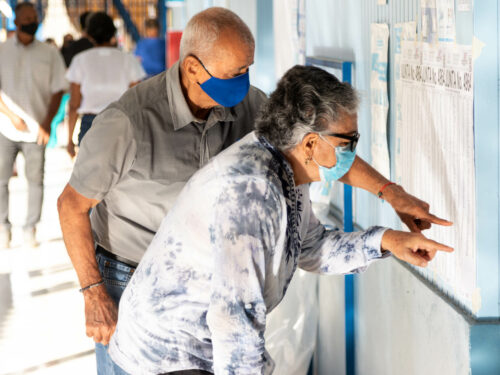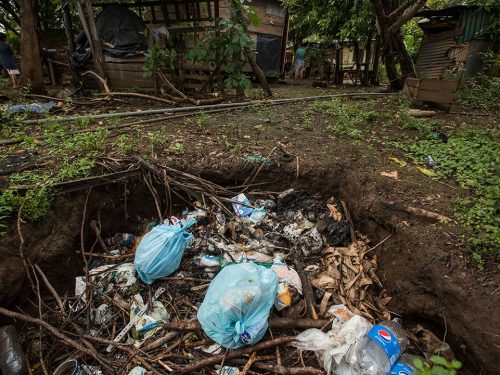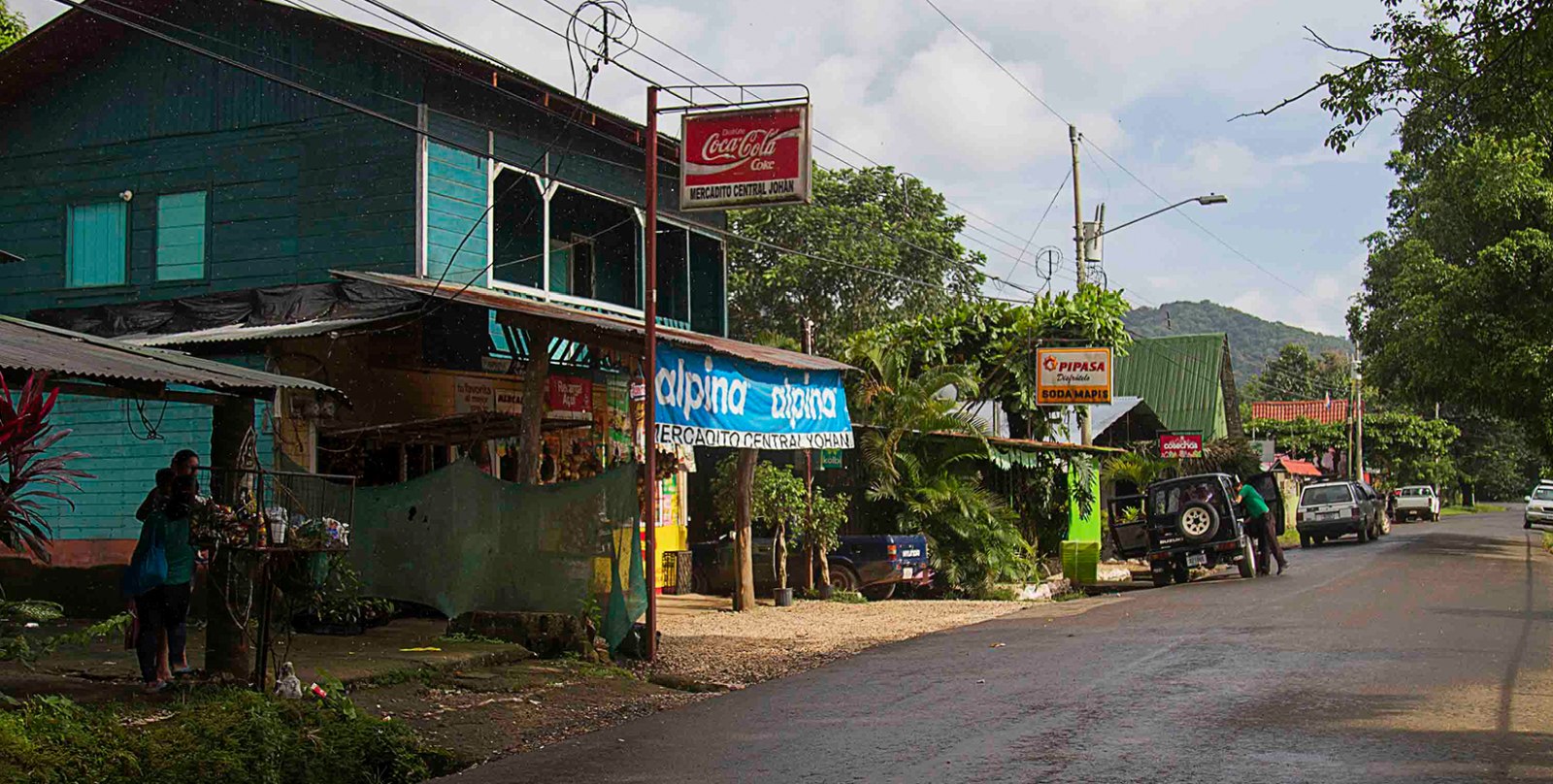
During the municipal council session on Monday, July 29, councilors debated an initiative that the canton of Nicoya is planning in conjunction with electricity provider Coopeguanaste. The project would transform trash into electricity through gasification or thermic transformation. However, the process was prohibited by the Ministry of Environment and Energy (MINAE – Ministerio de Ambiente y Energia) in June.
In the session, the majority of Nicoya’s municipal council members voted in favor of requesting that President Luis Guillermo Solis not enact the executive decree prohibiting gasification of solid wastes.
The motion was presented by Councilors Juan Edwin Yockchen and Ovidio Jimenez and was support by their colleagues Juan Luis Aguirre and Rodolfo Orozco. According to the councilors, the project should allow for the clean production of energy through the process.
Marco Jimenez, municipal mayor, reminded the councilors that for two years the municipality has had an agreement with the company Coopeguanaste to “solve the trash management problem and transform it into electricity.”
In addition, the mayor reported that the municipalities of Carrillo and Liberia also have problems with waste and that they would join with Nicoya in implementing the system.
“This project is being implemented in 87 places in the United States and more than 400 in Europe. [The moratorium] is a decree that has no technical foundation; no negative incidents exist in the cities that already have it. This is a unique, groundbreaking project in Central America that the government has unfortunately failed to understand,” said Jimenez.
In June of this year, MINAE and the Ministry of Health declared a moratorium on developing waste incineration or gasification projects in Costa Rica, with the goal of protecting public health.
MINAE’s official web site explains Executive Decree 38500-S-MINAE, “The Ministry of Environment, in collaboration with the Ministry of Health, has established a national moratorium on thermic transformation of ordinary solid waste through Executive Decree 38500 S-MINAE until there is scientific certitude regarding its consequences among competent government authorities.”.
Councilor Juan Edwin Yockchen said he was optimistic that the agreement would be repealed.
“It is possible to repeal [the agreement], because there is no technical study that demonstrates that the gasification technology harms the environment,” said Yockchen.
The councilor indicated that Nicoya pays some ₡125 million annually to the municipality of Santa Cruz to remove waste from the canton. “Coopeguanacaste will be satisfied if the municipality simply delivers the trash. They are not going to charge us a penny,” said Yockchen.
However, not all of the council members were in agreement with the motion presented by Yockchen and Jimenez. Ana Lizeth Espinoza and Carlos Medina voted against it, as they feel that there is not enough technical evidence and because they claim to not understand the subject.
“It’s a completely informal motion, without any technical criteria. I won’t give my opinion on the project; instead, an exhaustive analysis is needed,” affirmed Espinoza.
In the same way, Carlos Medina said that he recognizes “I that the environment minister is a professional, and I am not that kind of person to come and spoil what they have done,” explaining that he does not feel he has the technical knowledge to request the repeal.
Espinoza and Medina’s stance immediately caused a reaction. Councilor Rodolfo Orozco was indignant. “For the last two years we have had to pay Santa Cruz for trash because of two hot heads,” he said, adding, “This project is for Guanacaste’s benefit.”
Syndic Mario Ondoy felt the same way, saying, “It’s outrageous that there are members of this council that are opposed and speak of technical criteria without giving any; they are arguments that collapse on themselves.”
*What is waste gasification? Solid waste does not produce electricity itself, but instead provides the primary material for heat production, which evaporates water, producing vapor to move a turbine that generates electricity.







Comments